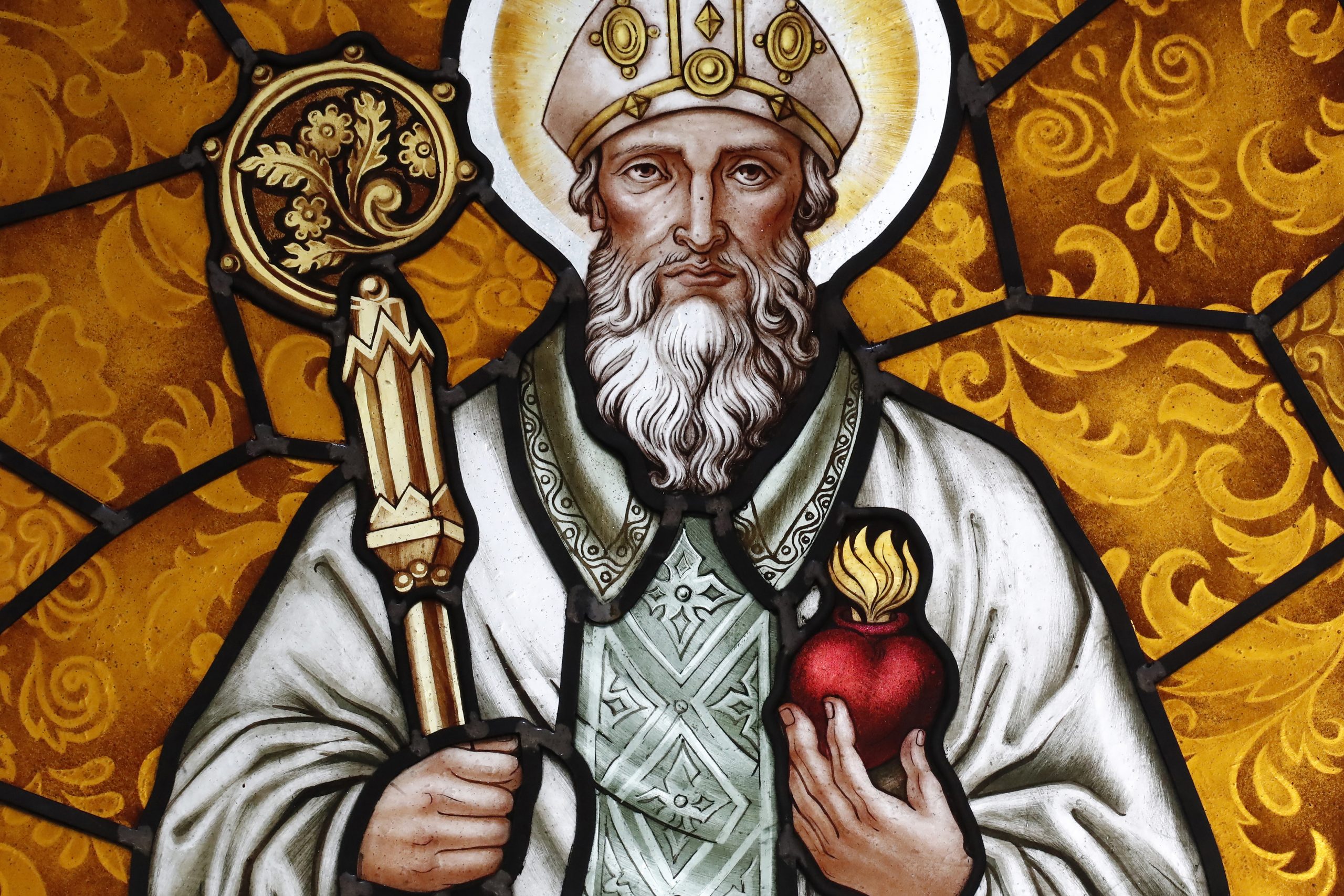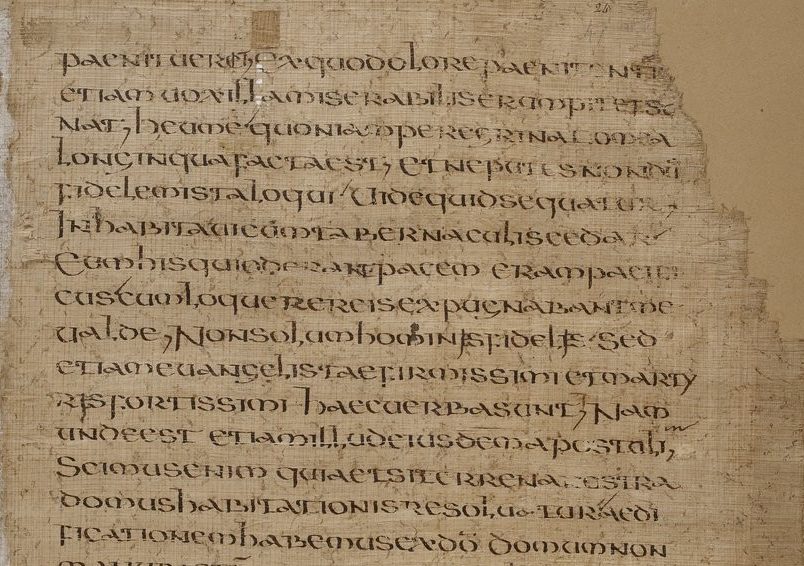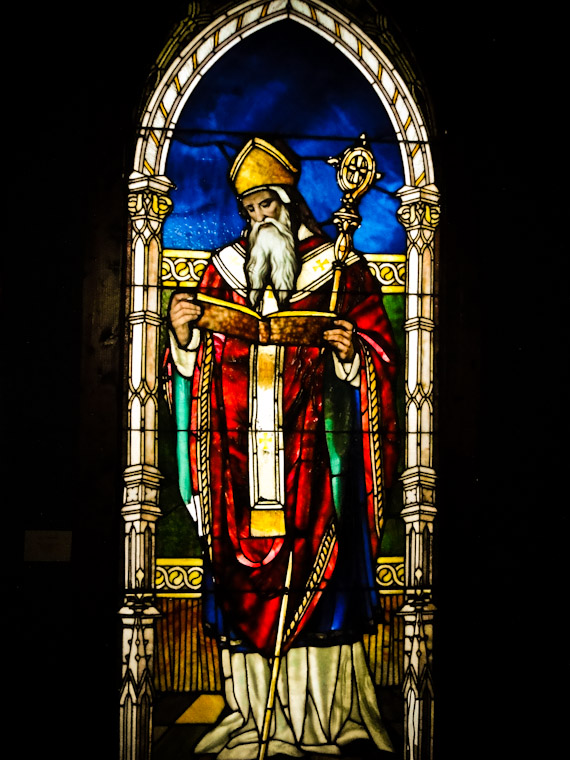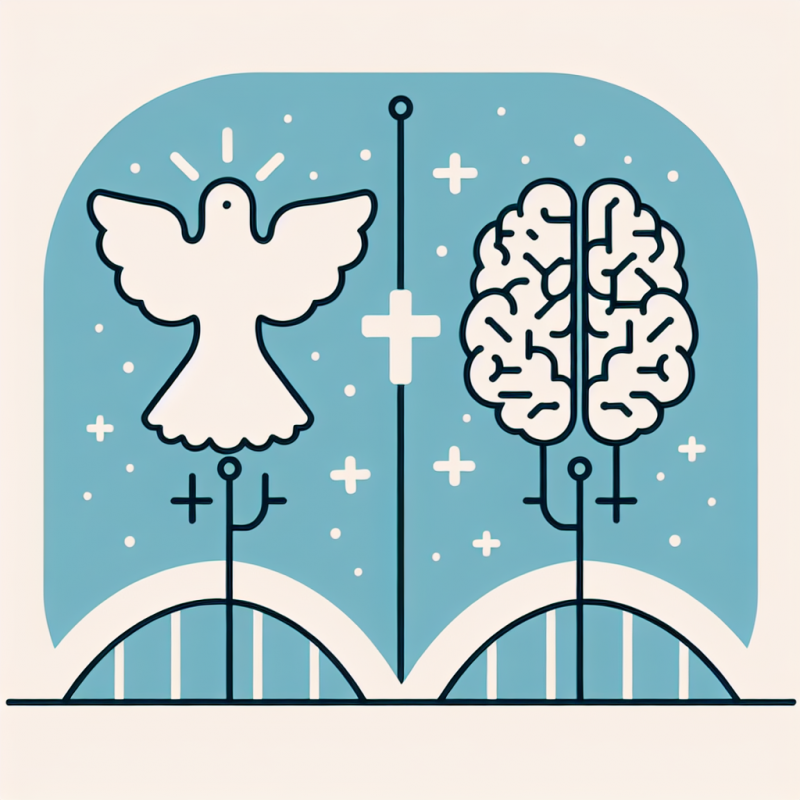The Intellectual Legacy of Augustine: Bridging Faith and Reason
Focus Keyphrase: Augustine Christian Thinker
Throughout my journey in faith and my professional career in artificial intelligence, I have often found myself at the crossroads of faith and reason. Similar paths have been navigated by great Christian thinkers of the past, most notably Augustine of Hippo, whose teachings continue to echo through time, bridging the gap between the empirical and the divine. In this article, we delve into the significant contributions of Augustine to Christian history and theology, reflecting on how his insights can inform our contemporary faith.
Augustine’s Life and Legacy
Saint Augustine, born in 354 in present-day Algeria, remains one of the most influential figures in Christian theology and Western philosophy. His journey from a hedonistic lifestyle to becoming the Bishop of Hippo and a Christian theologian is a testament to the transformative power of grace and redemption—a theme that resonates with my own experiences of seeking faith amidst doubt and personal trials.

Augustine’s extensive body of work, including “Confessions,” an autobiographical exposition of his spiritual journey, and “The City of God,” a profound analysis of Christianity’s place in history, constitutes a cornerstone of Christian doctrine and philosophical thought.
Key Theological Contributions
Augustine’s thought reflects a deep engagement with both the theological controversies of his time and the intellectual currents of the late Roman world. His doctrine of original sin, emphasizing human beings’ inherent sinfulness and the necessity of divine grace for salvation, challenged the prevailing notions of human nature and freedom. Additionally, his reflections on the nature of the church and its sacraments have shaped Christian liturgical practices across various denominations.
Grace, Free Will, and Predestination
Perhaps most relevant to the themes discussed in recent blog articles, including overcoming addiction through grace and navigating financial hardship, is Augustine’s teaching on grace, free will, and predestination. He argued that human free will has been compromised by sin, making divine grace essential for salvation—a grace that is freely given by God according to His sovereign will. This perspective invites us to trust in God’s provision, especially in the face of adversity and personal challenges.

Relevance to Contemporary Christian Faith
Augustine’s intellectual legacy offers valuable insights for engaging with modern society, culture, and media. His journey from skeptic to believer, his wrestling with questions about evil, suffering, and divine justice, and his ultimate affirmation of faith in Christ resonate with those of us navigating the complexities of modern faith. Augustine’s embrace of both faith and reason challenges us to explore how science, technology, and Christian belief can mutually enrich our understanding of the world.
Personal Reflections
My own explorations in the realm of artificial intelligence and machine learning have unfolded in a landscape where Augustine’s dialogues between faith and reason continue to be profoundly relevant. In his writings, I find a kindred spirit—a relentless seeker of truth who does not shy away from the tough questions that arise at the intersection of spiritual belief and empirical knowledge. Augustine’s example encourages me to embrace my doubts and fears as pathways to deeper faith and understanding.
Enduring Lessons and Further Resources
Augustine’s life and works remind us that the journey of faith is not linear but marked by moments of crisis and clarity, doubt and discovery. For those interested in delving deeper into Augustine’s thought, “Confessions” offers an intimate look at his spiritual journey, while “The City of God” provides a comprehensive view of his theological and philosophical musings on society, history, and the divine plan.
Drawing from Augustine’s legacy, I invite readers to explore the richness of Christian history and theology not just as a scholarly pursuit but as a source of spiritual nourishment and growth. Engaging with the thoughts of great Christian thinkers like Augustine can inspire us to reflect on our own beliefs, wrestle with our doubts, and, ultimately, strengthen our faith.

As we navigate our paths, may we, like Augustine, find in our hearts and minds the courage to seek truth, the grace to embrace faith, and the wisdom to discern God’s presence in every facet of our lives.
Focus Keyphrase: Augustine Christian Thinker



